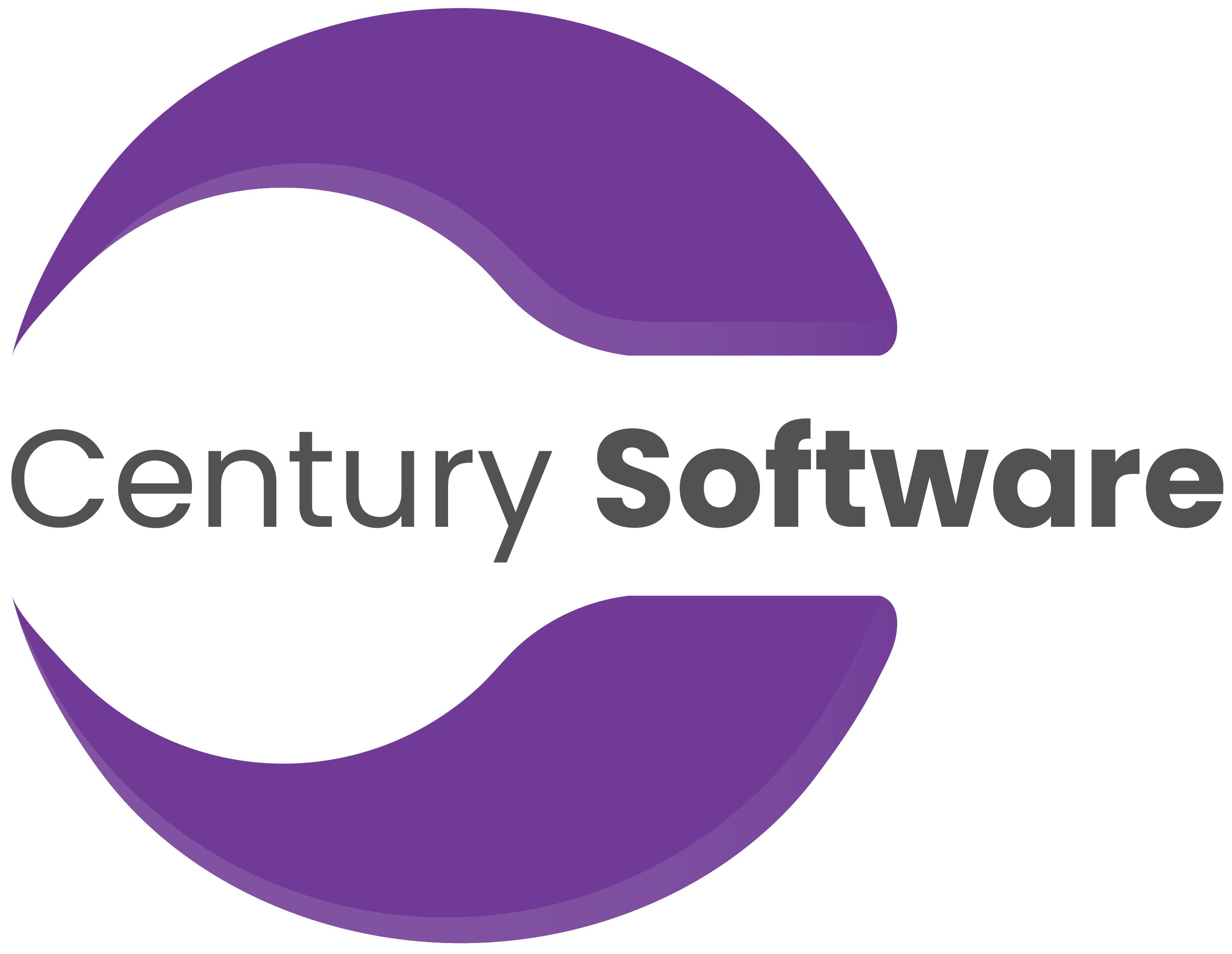Is BPM Dead In 2019?

Business Process Management, a technology platform which once was at the heart of most enterprise transformation projects finds itself on slippery turf.
Of-course that was a good decade ago when process re-engineering, optimization and transformation was high on the priority list for most organizations.
Today, BPM is not as much spoken about in enterprise circles. Some even claim that the BPM game is over.
In this blog, we will look at what’s changed in the last few years and does BPM have a chance in this rapidly changing disruptive environment.
The Case for BPM Software
If we look back at major adopters of BPM Software, you will immediately think of Banks, Insurers, Telcos and Manufacturers. If we further drill down, the success of BPM in these industries came from the fact that they were highly methodical, process driven environments which needed a disciplined approach to manage its operations.
BPM Platforms did just that. Moreover BPM brought and exciting new capability – ‘Automation’. This was a game changer in those days. As businesses could automate redundant, predictable human activities using code. Isn’t RPA exactly the same thing as we know it today?

More on that, later in the post.
The point what I’m trying to make here is BPM enabled business to better manage its processes and operations.
Not much has changed in how businesses operate. Businesses still need to follow pre-defined processes in order to meet internal and external compliances, best practices and meet SLAs. What has changed is how these get executed internally, externally and how much of these processes get automated.
Low-Code and Application Development Platforms
Low-Code and Application Development platforms were in its prime in the last 5 years. Similar to the limelight which RPA, AI and ML is receiving right now.
If we look at leading Low-Code Platforms, 5 out of 10 find its roots from BPM Platforms. Is it a coincidence or by design.
As BPM Platforms evolved, they could do much more than just automating and optimising workflow processes. Businesses were leveraging the power of BPM Platforms to build enterprise-grade apps ground-up. Most BPM Platforms provided a sophisticated UI Builder, Process Engine, Rules Engine, Data Modeller, Integration Framework and Analytics.
These were the building blocks of Application Development Platforms as we know it today. No wonder traditional BPM Platforms re positioned their offering and built additional capabilities in order to jump on the Low-Code bandwagon.
RPA, ML and AI - The Game Changer
RPA, ML and AI though at its nascent stage are already making a huge impact for businesses. Slowly but surely they are able to free up man hours so that humans can focus on unpredictable, intelligent tasks which will need their experience and expertise.
While BPM triggered the RPA wave back in the day, RPA has evolved into a new software category which is much more advanced, rapid and disruptive.
Modern BPM Platforms have already added or are in process of adding RPA as one of the key components of their BPM stack. Given the value it brings to business, we foresee it to eat into much of the BPM revenue in the coming years.
The Bottomline
The enterprise software space has an obsession for new buzzwords and packaging old tech/ wine in new bottle. Gartner has started propagating hpaPaaS as the new big thing. If you understand it in more depth, its nothing but Low-Code software which is available as PaaS.
Identifying and dismantling fact from fad is extremely important in todays changing times. Though BPM the name maybe outdated but the value it brings to businesses in terms of functions and capabilities is here to stay.
We have extensively worked on Digital Process technologies which go beyond traditional BPM, Low-Code and RPA. At the end of the day tools just provide solutions to problems for business.
Do you need more insights on how any of these technologies can impact your business?

